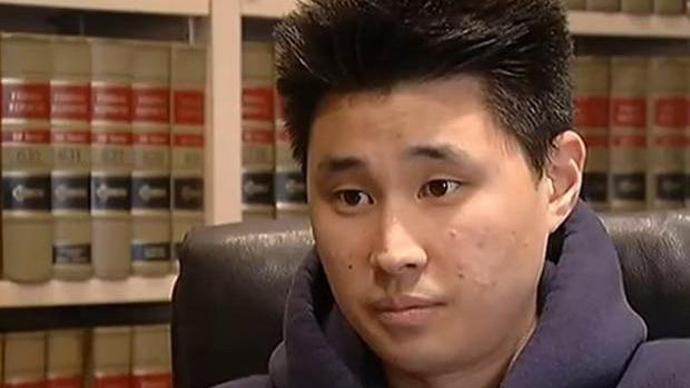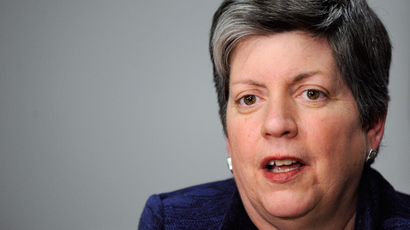Student receives more than $4 mln after being ‘forgotten’ in jail for five days

A University of California student spent five days forgotten in a windowless jail cell without food and water, and was forced to drink his own urine to survive. Now, the US government is voluntarily paying the young man $4.1 million to avoid a lawsuit.
Daniel Chong, a 25-year-old economics student at UC San Diego, was one of nine people taken into custody during a drug raid in April 2012. Chong was at a friend’s house when officers discovered 18,000 ecstasy pills at the home. He was locked in a Drug Enforcement Administration jail cell, but after questioning the young man, a police officer authorized to perform DEA work told the student that he would not be charged.
“Hang tight, we’ll come get you in a minute,” the officer told Chong, according to Attorney Eugene Iredale.
But the officer never returned, and Chong spent five dismal days in the 5 by 10 ft. windowless cell. The student, who was still handcuffed, had no food, water, or access to a toilet, and barely survived his living nightmare.
“It sounded like it was an accident – a really, really bad, horrible accident,” he said at a news conference this week, in which he described how close he came to death.
After three days in the cell, the famished young man said he began to hallucinate. He imagined that DEA agents were trying to poison him with gases that entered his cell through the vents. Deprived of food and water, he started to accept the idea that he would not survive. He bit into his glasses to break them, and used a shard of glass to carve a farewell message to his mom on his arm.
“Sorry Mom,” he tried to carve into his bleeding skin, but he only managed to write the “S”.
In a last-ditch attempt to stay alive, he urinated on the metal bench in his cell and then drank his own urine.
To try to capture the attention of the guards, he then stacked a blanket and his clothing on the bench to try to reach an overhead fire sprinkler. Chong desperately tried to set it off by hitting it with his handcuffed hands. He failed.
On the fifth day, Chong screamed at the top of his voice, trying to get the attention of the agents outside.
“I didn’t just sit there quietly. I was kicking the door yelling,” he said.
He slid a shoelace under the door, hoping to garner the attention of the guards. He succeeded, and “five or six people” came to the cell and found him starved and lying in his own feces. Chong had lost 15 pounds, and was immediately hospitalized for five days.
“I had to do what I had to do to survive,” Chong told NBC7 after the incident. “It’s so inconceivable. You keep doubting they would forget you.”
The young student, who was 23 at the time, suffered from dehydration, kidney failure, a perforated esophagus, and cramps, and the DEA issued a public apology last May. The head of the DEA said he was “deeply troubled” by the incident.
After the incident, the agency established new policies at its detention facilities, including mandatory daily cell checks. The agency also installed cameras inside its holding cells.
But to avoid a lawsuit in the case of the 25-year-old economics student, the US government this week agreed to pay Chong a $4.1 million settlement as compensation for the suffering he endured.
“You break it down into the pain and suffering and how horrible this could have been for the family. They didn’t know where he was, all the anguish the family went through and the young man went through,” Defense Attorney Gretchen Von Helms told NBC7. Since the incident occurred a year ago, Chong has been diagnosed with Post-Traumatic Stress Disorder and is receiving treatment from a doctor who normally sees war veterans.
Iredale told the station that the doctor has “never seen stress of trauma as significant” as Chong suffers from.
Twenty percent of the settlement will cover the cost of attorney fees, but Chong will receive at least $3.2 million, which he says he will use to buy his parents a house.
Meanwhile, US. Sen. Charles Grassley is demanding that the DEA explain how their near-fatal mistake occurred in the first place.
“How did this happen? Has there been any disciplinary action against the responsible employees? And has the agency taken major steps to prevent an incident like this from happening again?” he told AP.














